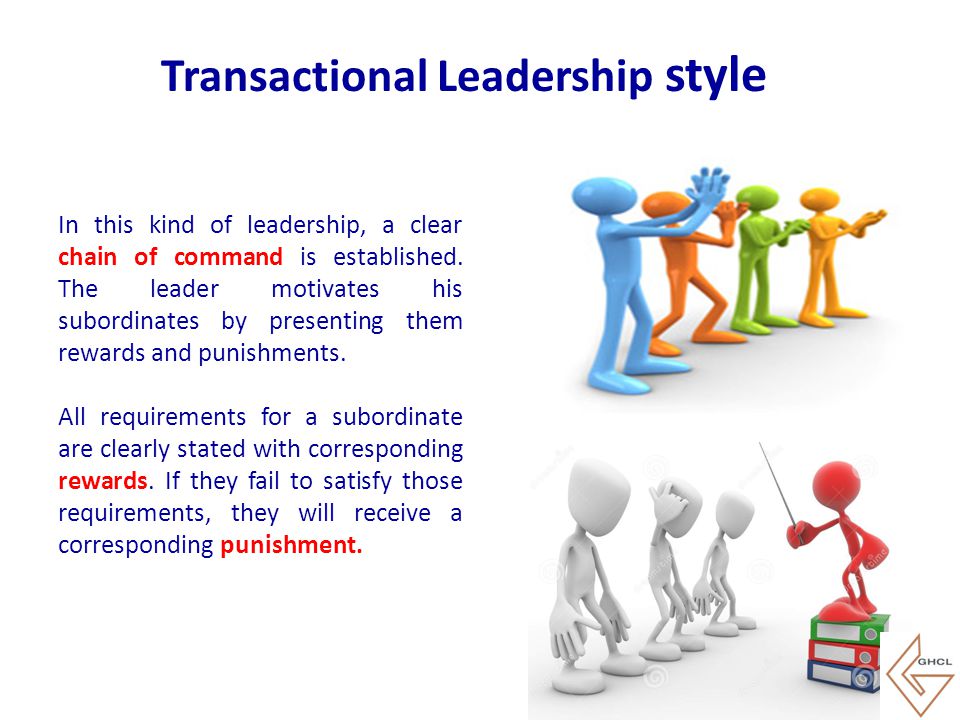

Educational leadership is a collaborate process that unites the talents and forces of teachers, students and parents.
The goal of educational leadership is to improve the quality of education and the education system itself.
Educational leadership is centered on certain key principles. Educational leadership creates a vision of academic success for all students.
This is important because there has always been a historical gap between students on different socio-economical levels and high and low achieving students.
Graduates with a master's degree in educational leadership can choose from a wide variety of administrative positions in schools.
A master's degree in educational leadership can prepare graduates for teaching and executive positions at public and private schools. These include elementary, middle and high schools, as well as post-secondary schools, like colleges and universities.
Administrative positions that might be available to those with a master's degree in educational leadership include the following:
Information from: http://://study.com/articles/What_Can_You_Do_With_a_Masters_in_Educational_Leadership.html
The four major types of Educational Leadership are:
 Servant Leadership takes the focus from the end goal to the people who are being led. There is no sense of self-interest on the part of the leader, who steps back and supports only the interests of the followers.
Servant Leadership takes the focus from the end goal to the people who are being led. There is no sense of self-interest on the part of the leader, who steps back and supports only the interests of the followers.
Image from: https://sites.psu.edu/leadership/wp-content/uploads/sites/8069/2013/11/servant_leadership.jpg

Transactional leadership or transactional management is the part of one style of leadership that focuses on supervision, organization, or performance; it is an integral part of the Full Range Leadership Model.
Transactional leadership focuses on results, conforms to the existing structure of an organization and measures success according to that organization's system of rewards and penalties.Transactional leadership depends on self-motivated people who work well in a structured, directed environment. Information from: https://en.wikipedia.org/wiki/Transactional_leadership
Image from: https://slideplayer.com/slide/4349217/14/images/13/Transactional+Leadership+style.jpg
 Where transactional leadership was concerned primarily with the exchange of goods and services, emotional leadership is concerned with the feelings and motivations of followers.
Where transactional leadership was concerned primarily with the exchange of goods and services, emotional leadership is concerned with the feelings and motivations of followers.
Image from: https://www.shutterstock.com/search/emotional+intelligence
 While the other forms of leadership focus on one singular aspect or another, transformational leadership takes a broad view of the issues surrounding leadership and then uses those as a driving force for meeting the overall goals of the organization
While the other forms of leadership focus on one singular aspect or another, transformational leadership takes a broad view of the issues surrounding leadership and then uses those as a driving force for meeting the overall goals of the organization
Information from: https://www.theedadvocate.org/4-major-types-of-educational-leadership/
Images from: https://www.researchgate.net/figure/Transformational-Leadership-Model_fig2_277138454
Lifelong Learning:
This aspect of educational leadership is one that is becoming more prominent in classrooms and companies everywhere.
Program Goals
View/download Master of Education (M.Ed.) in Educational Leadership summary document
Please the University Catalog for program requirements.